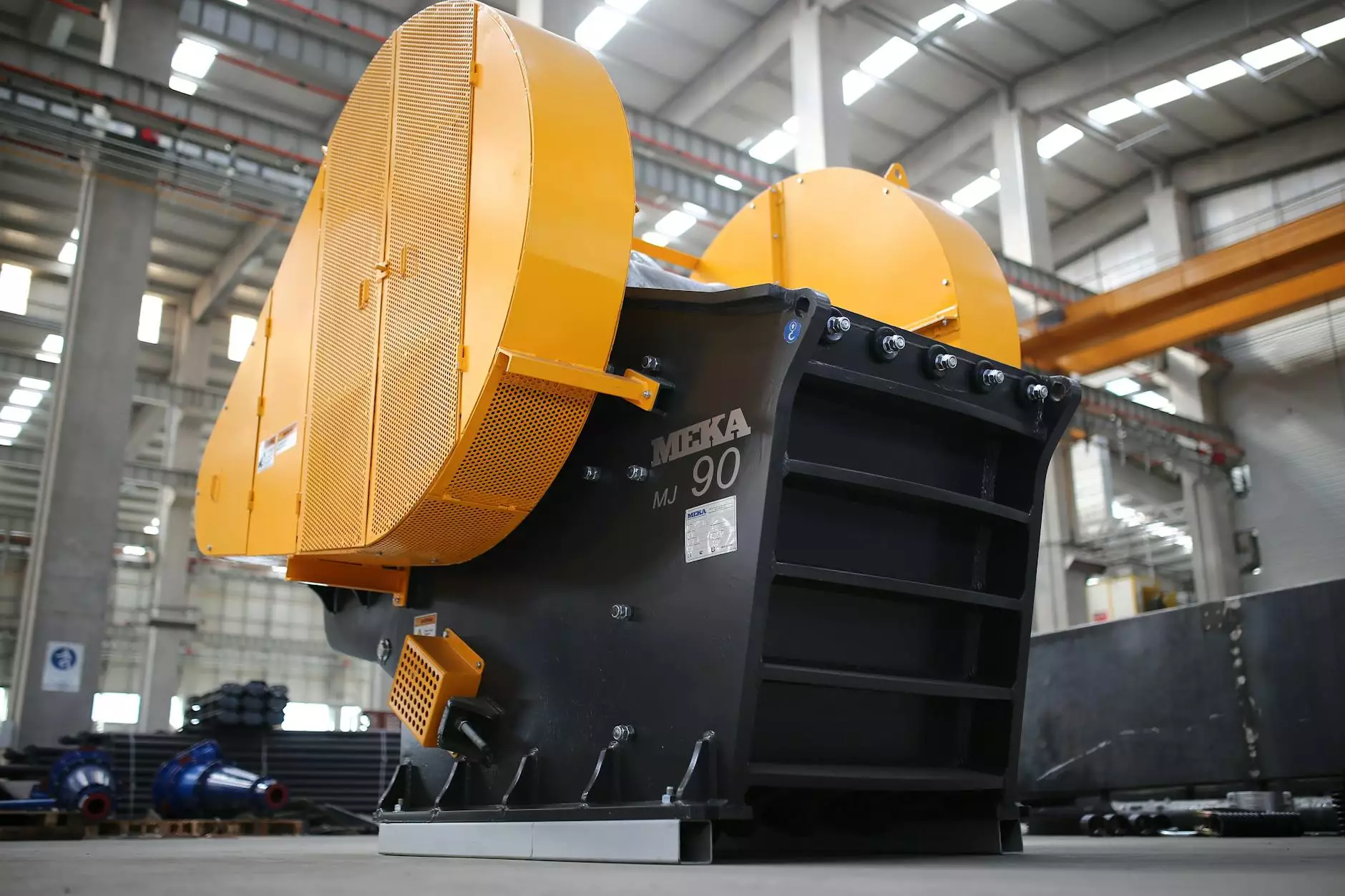The Rise of the Fake Certificate Maker Industry: Opportunities and Pitfalls

In today's rapidly evolving world, the demand for fake certificate makers has surged dramatically. This phenomenon is not merely a reflection of the darker side of commerce but rather an illustration of a nuanced and complex demand for certain types of documentation across various sectors. In this article, we will delve into what drives the market for counterfeit documents, explore its implications, and consider how businesses like highteclab.com position themselves within this intricate landscape.
Understanding the Market for Fake Certificates
The market for counterfeit documents, including fake certificates, is often misunderstood. Contrary to popular belief, the reasons behind their demand are multifaceted. Below are some of the key factors contributing to the proliferation of fake certificate makers:
- Employment Opportunities: Many individuals seek out fake diplomas or certificates to enhance their job prospects, particularly in competitive fields where academic credentials are highly valued.
- Travel Requirements: Some countries require specific certifications for visa applications, leading travelers to look for substitutes when they do not possess the necessary documents.
- Social Status: In certain cultures, having prestigious educational backgrounds or certifications can influence social standing, driving people to procure fraudulent documents.
- Artistic Purposes: Fake certificates are sometimes used in film and theater production, where realistic props are needed to create an authentic setting.
The Impact of Technology on Fake Certificate Production
The advent of technology has significantly changed the landscape of the fake certificate maker industry. Here are some of the technological advancements aiding this growth:
- Design Software: The rise of sophisticated design software has enabled creators to produce high-quality counterfeit documents that closely resemble authentic certificates.
- Printing Technology: Advanced printers capable of high-resolution output make it easier to replicate the intricate details found in genuine documents.
- Online Accessibility: The internet has made it simple for individuals to find and connect with fake certificate makers, expanding this market exponentially.
Legal and Ethical Considerations
While the demand for fake certificates has grown, so too have the legal and ethical implications surrounding their use. Engaging with counterfeit documents can lead to severe repercussions. Here are some of the considerations:
- Legal Repercussions: The production and use of fake documents can result in criminal charges, including fraud and forgery, which carry significant penalties.
- Professional Consequences: Discovering that an employee has provided false credentials can lead to immediate termination and damage to professional reputations.
- Impact on Genuine Candidates: The prevalence of counterfeit documents can undermine the efforts of honest individuals who have worked hard to obtain their credentials.
How to Spot a Fake Certificate
If you're in a position where you need to verify certificates or documentation, being able to recognize a fake document is crucial. Consider the following tips:
- Check for Consistency: Authentic certificates typically follow a set formatting style that can include specific logos, colors, and fonts.
- Contact the Issuing Authority: If you're unsure about the authenticity, reach out directly to the organization that supposedly issued the certificate for confirmation.
- Inspect Material Quality: Genuine certificates are often printed on high-quality paper or have unique security features that are difficult to replicate.
Legitimate Uses of Customized Certificates
While the fake certificate making industry is often viewed through a negative lens, it's important to recognize that not all uses of customized certificates are fraudulent or unethical. Here are a few legitimate applications:
- Recognition Awards: Businesses often create custom awards and certificates for employee recognition, enhancing motivation and morale within teams.
- Corporate Training: Companies may provide certificates to employees who complete training programs, representing their commitment to professional development.
- Event Participation: Offering certificates to participants of workshops and seminars can add value and encourage attendance at such events.
The Future of the Fake Certificate Industry
As the global economy continues to fluctuate and as higher education becomes increasingly essential, the demand for fake certificates may rise further. It is crucial for both individual consumers and businesses to navigate this landscape carefully. Therefore, understanding the rationale behind this demand can contribute to better policy-making and ethical considerations in the future.
Regulatory Framework Insights
Governments and educational institutions are actively working on measures to curb the use of counterfeit documents. These measures include:
- Increased Verification Processes: Many organizations are implementing more stringent checks when verifying educational credentials.
- Educational Reforms: By promoting vocational training and skills-acquisition programs, educational institutions help reduce the dependency on traditional diplomas.
- Public Awareness Campaigns: Educating the public about the risks associated with fake certificates can help deter individuals from seeking them out.
Conclusion
In conclusion, the fake certificate maker industry operates within a complex network of demand influencers and ethical considerations. While some individuals seek out counterfeit documents for nefarious purposes, others may do so due to a lack of opportunities or access to education. Understanding the implications and future trends associated with this market can help users make informed decisions. As a proactive business, highteclab.com continues to navigate this evolving landscape, advocating for ethical practices while recognizing the diverse motivations behind certificate production.









